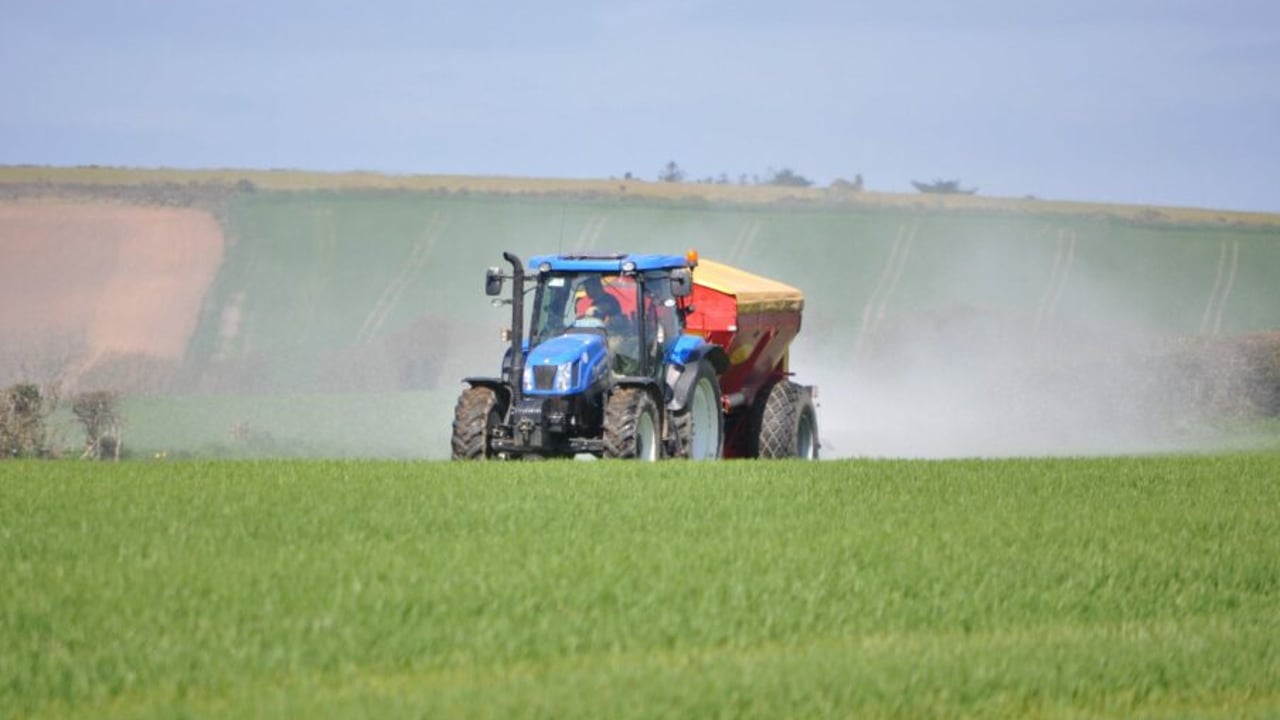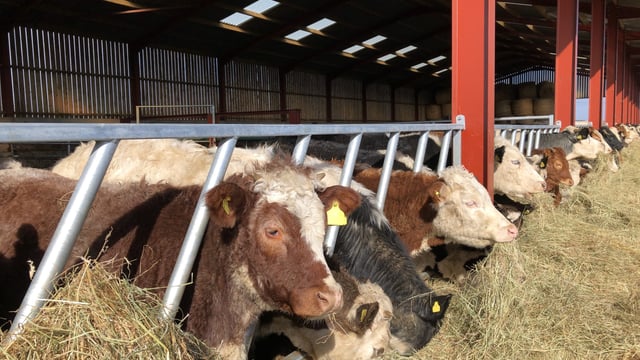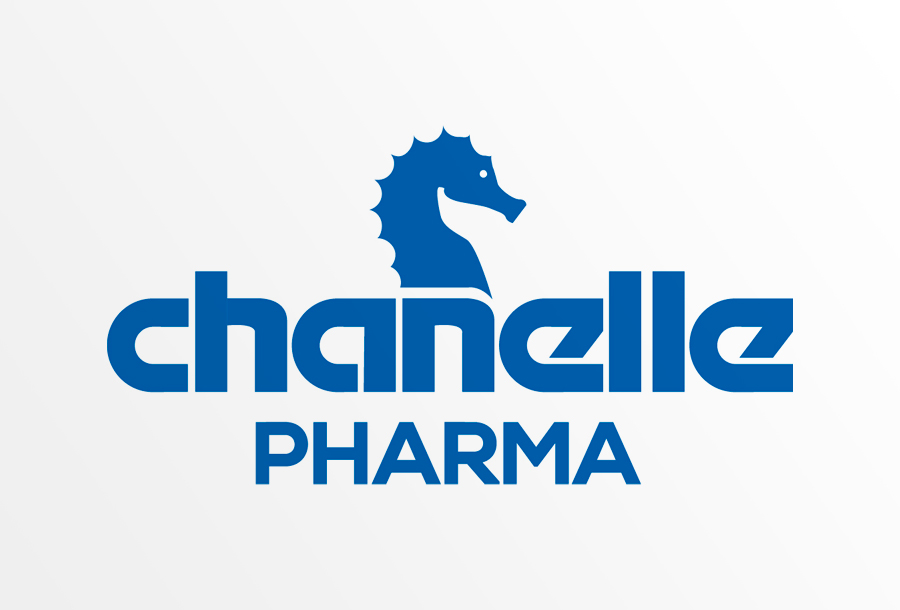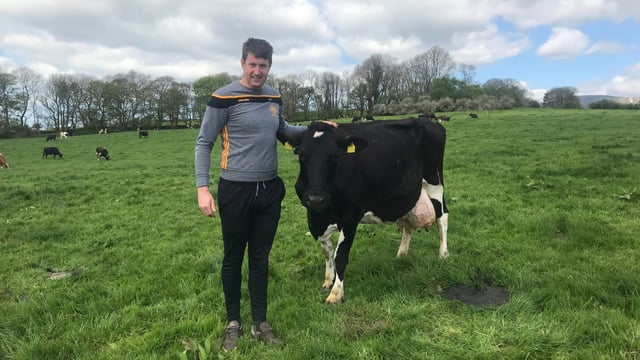ICOS adds to calls for EU fertiliser tax to be stalled
The Irish Co-operative Organisation Society (ICOS) has added its voice to the calls for a new carbon-based tax on EU imports of fertiliser to be postponed.
The EU's Carbon Border Adjustment Mechanism (CBAM) is due to come into effect from the start of 2026.
The CBAM places a carbon tax on goods imported into the bloc from third (non-EU) countries when production is deemed to be carbon intensive and at "most significant risk of carbon leakage".
The sectors to be impacted by this tax include fertiliser, cement, electricity, iron, and steel.
The CBAM is currently in a transitional period where importers are required to report their import volumes. However, from January 1 of next year, importers will have to pay to receive CBAM certificates for the goods they import.
There have been concerns raised from several quarters already that the CBAM will increase the cost and reduce the availability of fertiliser for EU and Irish farmers.
ICOS has reiterated its view on the CBAM, saying that it will add to the cost of production and food prices, and food price inflation.
The group is calling for an urgent full economic assessment of the CBAM, which it said is "unworkable".
ICOS wants to see the "immediate postponement" of CBAM obligations for fertiliser in 2026 due to the complex and unworkable nature of the regulation.
Eamonn McEnteggart, ICOS Dairy Committee chairperson, said: "The cost of food production remains at elevated levels due to global economic and geopolitical events, resulting in higher food prices for consumers. The inclusion of fertiliser under CBAM effectively translates into a tax on food production.
"The Irish government and the European Commission need to wake up to the consequences of this unworkable regulation.
"Every cent per litre is hard got in the marketplace, and it's an own goal to let this happen without a full understanding of the consequences. Our key strength is our grass-based production system, and we need to access reasonable amounts of fertiliser at competitive prices," he said.
The ICOS dairy chair said that a full assessment of the economic and environmental implications was "essential" to prevent unintended consequences to food security, the economy and the environmental.
"It is incredible to think with less than three months to go before its introduction, the entire sector, from importers, co-ops and farmers are in a complete vacuum of information concerning the key factors needed to calculate the cost of CBAM certificates.
"This is causing massive business uncertainty and risk. It it totally unacceptable and threatens to cause huge disruption and difficulties for the sourcing and pricing of fertiliser at a wholesaler and retail level.
"Due to [Ireland's] greater reliance on imported fertiliser, the CBAM will have a disproportionate effect on protected urea compared to other sources of nitrogen, which is completely contrary to our climate policy objectives," McEnteggart said.
The ICOS representatives said: "As a sector, we are greatly concerned that the availability of protected urea will be severely constrained from next year due to the enormous uncertainty caused by CBAM."





